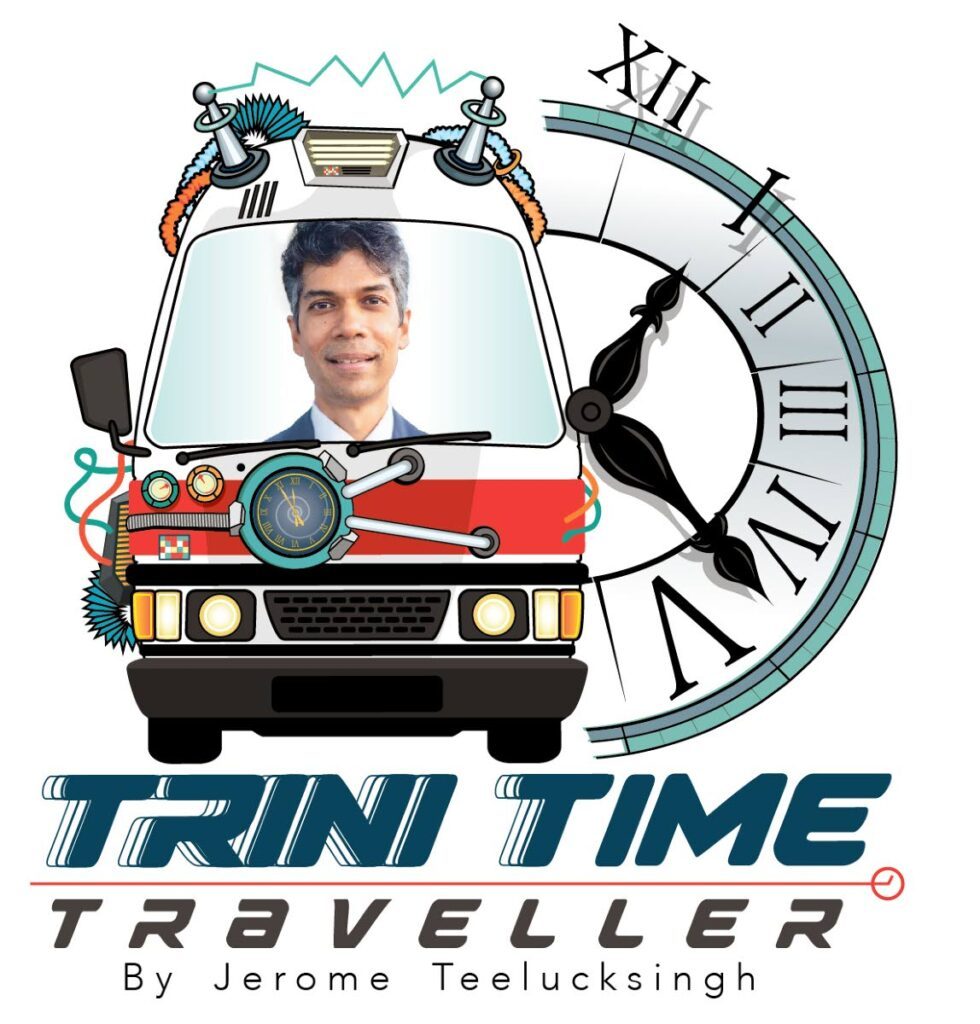Youths – our hidden treasure

Jerome Teelucksingh
A SIGNIFICANT number of youths in the Caribbean region need to be filled with optimism to take full advantage of the available opportunities. However, at present, the socio-economic climate and harsh reality of limited markets result in many of their hopes being dashed.
The lack of job opportunities and various forms of discrimination have resulted in many disillusioned young Caribbean citizens. In the 21st century, most Caribbean societies are in a state of chaos in which dreams fail to materialise and political promises are regularly broken.
Our young voices are either being muffled or are shouting in the wilderness for attention. Too many of our misguided youths spend their lives chasing fantasies and their potential remains largely untapped. There is a dire need for recognition and praise of the young visionaries and entrepreneurs in fields as business and volunteerism.
Furthermore, the promotion of positive role models is badly needed for this generation to eliminate some of the social problems, such as poverty, crime, drug abuse, pollution, street children, sexually transmitted diseases and gender-based violence. In TT, there should be no excuse for youths being involved in crime.
There are progressive NGOs and government programmes that cater for their needs and assist in mentoring and nurturing. Among these groups are the Trinidad Youth Council, International Youth Fellowship T&T, Police Youth Club, Scouts, Girl Guides and the YMCA. The Ministry of National Security has intervened with its popular Military-Led Academic Training (MiLAT) Programme that provides discipline and essential training for males (16-20 years). Indeed, genuine efforts are being made to rescue those boys and girls who could go astray.
For too long the youths have been part of and victims of Caribbean problems and there is now an urgency for these issues to be addressed by the labour leaders, teachers, parents, politicians, social workers and religious leaders. Within schools the culture of indiscipline is widespread. Students are involved in fights, guilty of bullying, disruption of classes, absenteeism and disrespect for teachers. Some students are guilty of threatening or verbally abusing teachers in secondary schools.
In TT, there was a high incidence of school violence in secondary schools. These were not isolated incidents in the region. Such problems point to an abuse of freedom, breakdown in family life and morals in the society.
There is a need to bridge the generation gap and ensure that the mature, rational and so-called "old-fashioned" values, traditional advice and wisdom from the elders will not fall on deaf ears. This unstable relationship between the young and the old creates unnecessary friction. To counter this, the Ministry of Youth Development and National Service has implemented the Geriatric Adolescent Partnership Programme which seeks to transcend the gap between the elderly and the young.
In our fast-paced society, the relationships between parents and children, young adults and their peers are rapidly changing. Differences in opinions, ideas, fashion, lifestyle, music, culture exist among the young and old. Methods must be found to ensure there is tolerance. No longer should young people be stereotyped as being immature and rash.
Even though there are periodic youth meetings linking the various Caribbean countries, there is need for a vibrant association of young minds willing to make decisions and take action on issues affecting the region and our future. How many countries have outspoken youth representatives in their Parliaments? How many governments in the region turn to young people for answers? There is a need for succession planning to ensure our young people are equipped and ready to control the region.
Regional bodies as Caricom need to continuously support non-governmental organisations, such as the Caribbean Regional Youth Council and Caribbean Youth Environment Network. These institutional bodies must prepare young minds to survive and face reality amidst limitations in developing economies.
If the youths are ignored and marginalised, this ultimately breeds a deviant subculture which creates a multitude of social ills. Resources need to be available for young entrepreneurs and innovators. More youth-friendly programmes are needed in rural areas.
Unless policies and programmes are implemented and monitored, the exodus of frustrated talent seeking recognition or employment abroad will continue. The young men and women must understand that their challenges are part of a larger learning experience in life.
Our current leaders do not realise that the future of the Caribbean society rests largely upon the realisation of dreams and visions of progressive and stable youths. If they are not properly nurtured, guided and empowered, the divisions and complacency that burden us will persist for another generation.

Comments
"Youths – our hidden treasure"